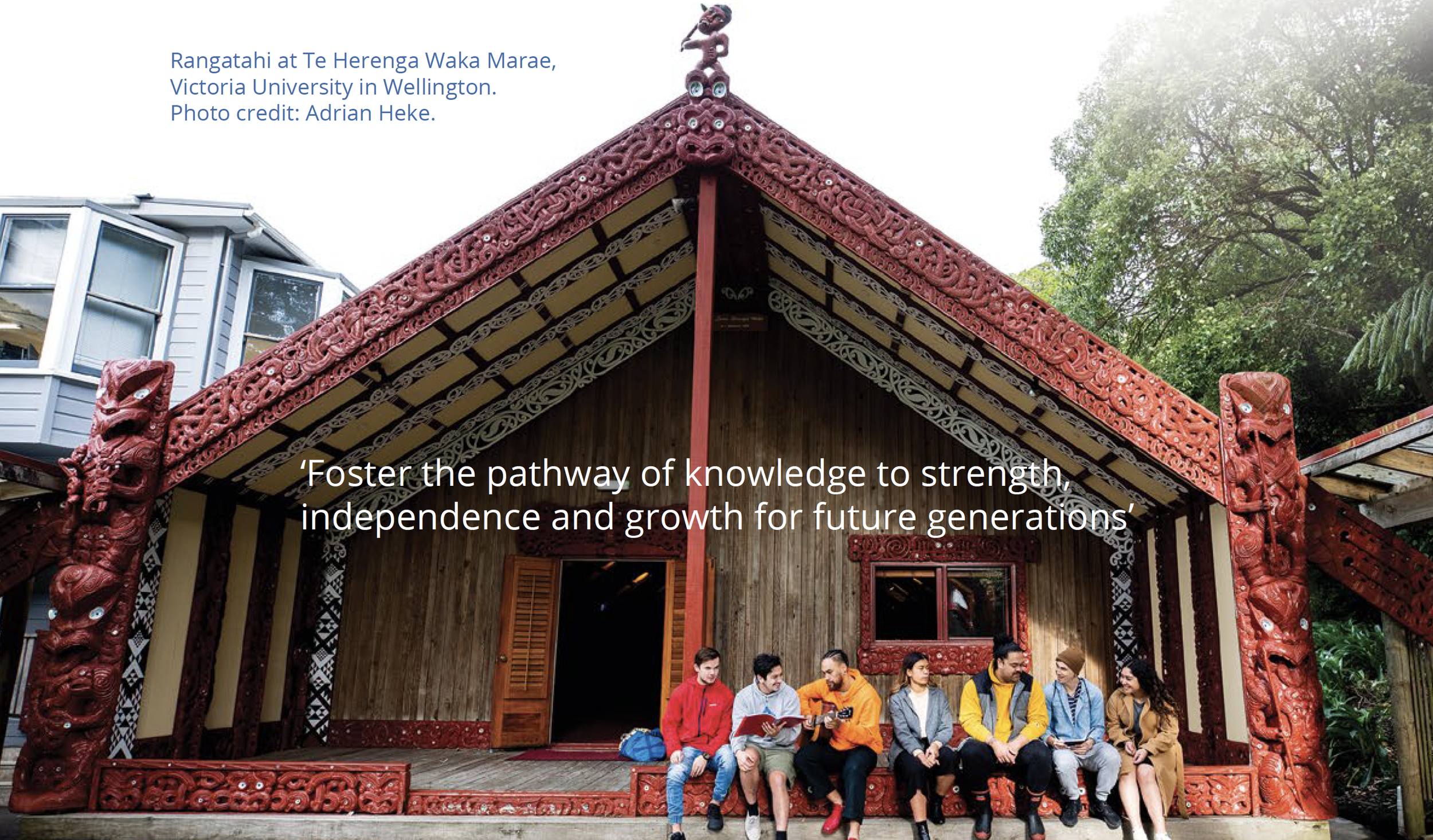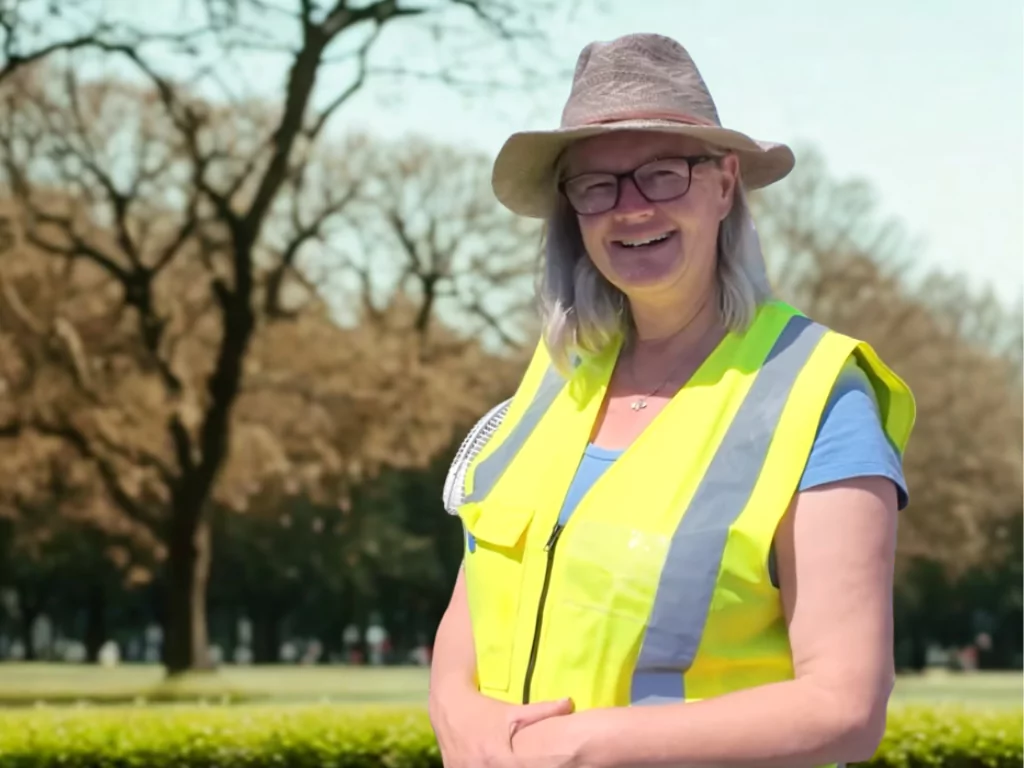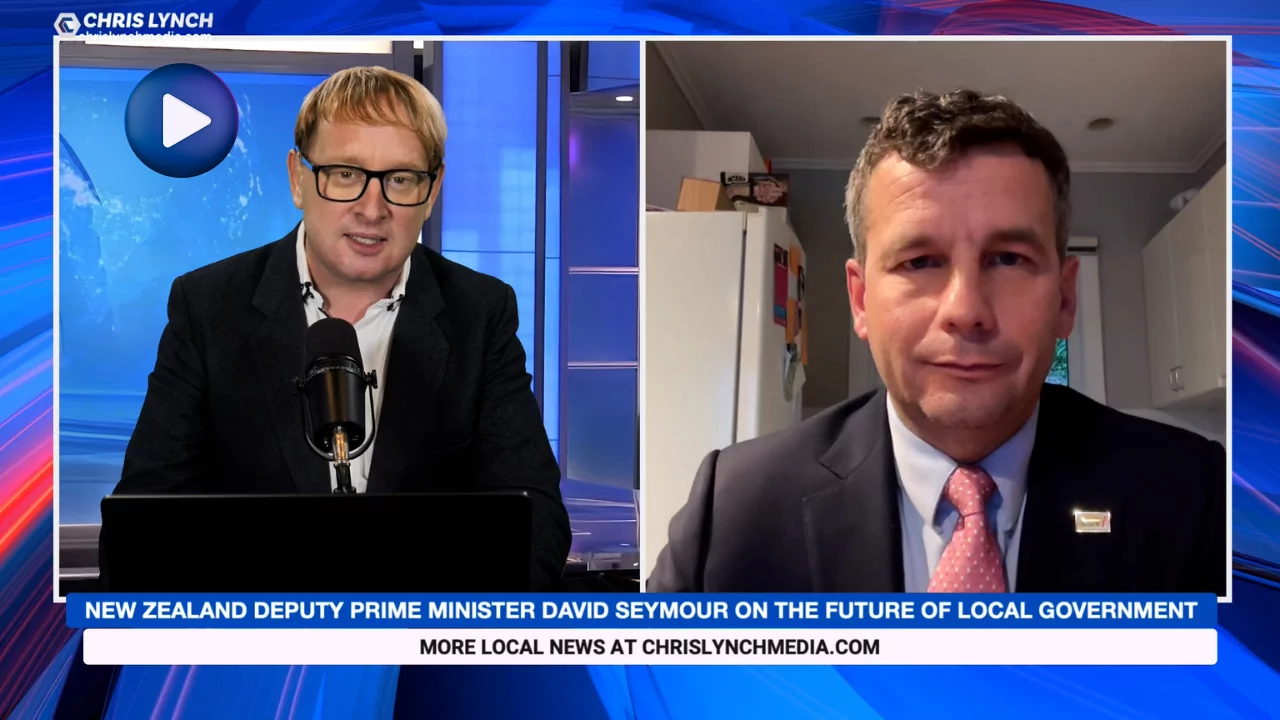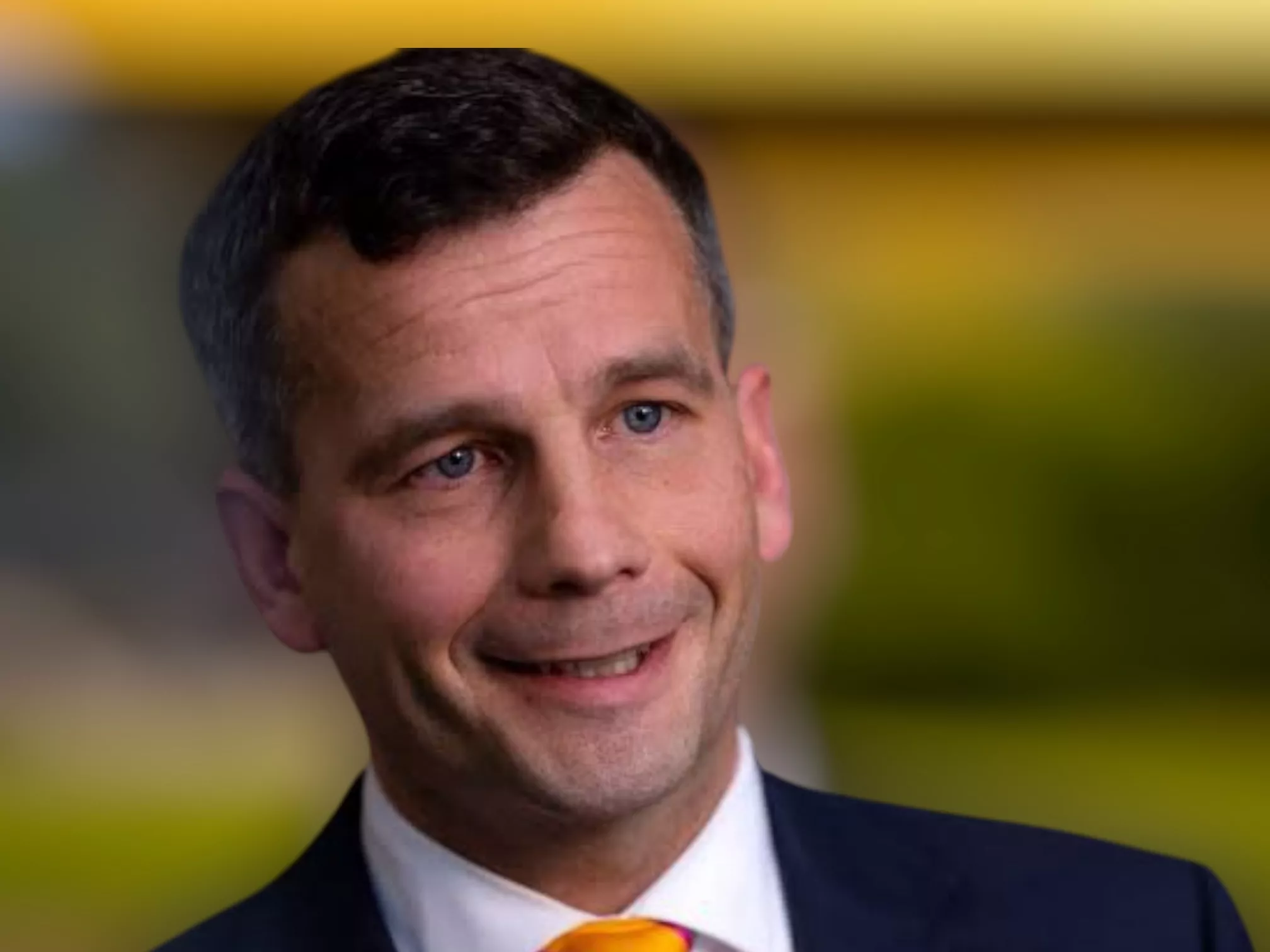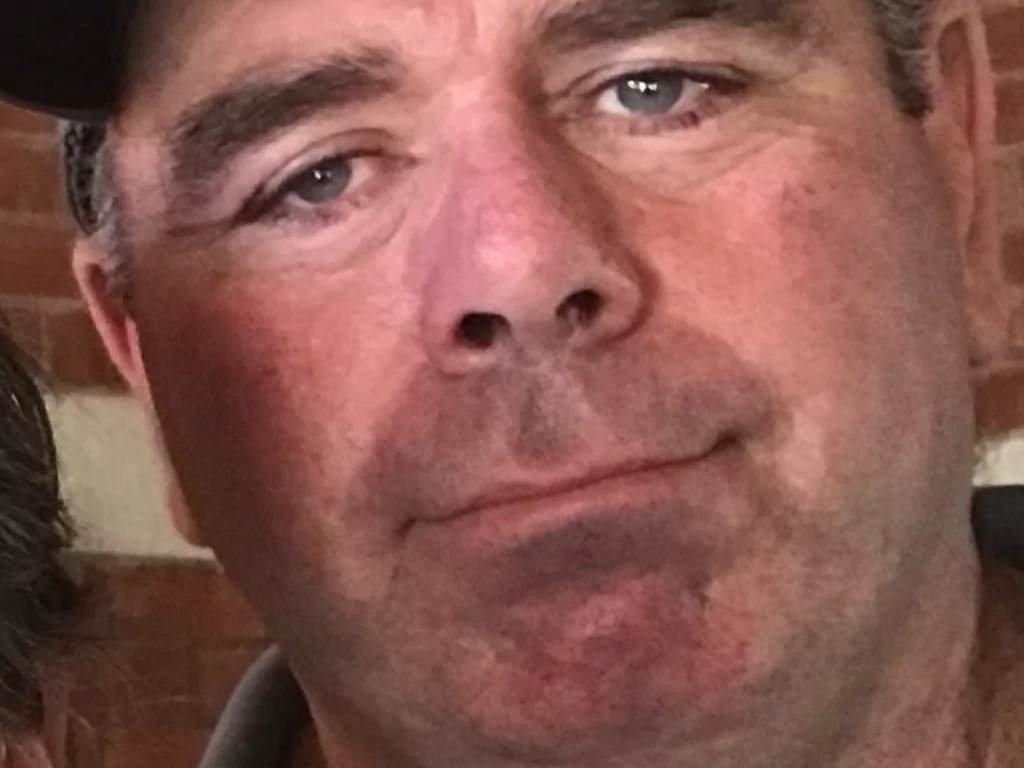Minister for Māori Development Willie Jackson has released feedback from the first phase of engagement with Māori on developing a plan to implement the United Nations Declaration on the Rights of Indigenous Peoples.
The previous National Government signed UNDRIP in 2010 and committed to developing a Declaration Plan.
Willie Jackson said “almost 70 targeted engagement workshops were held mainly online.
Many participants noted that the ability to realise and exercise tino rangatiratanga was restricted because of non-Māori decision-makers and state institutions.
They also noted that the reestablishment of Māori institutions was necessary, for example, Māori must have authority to make their own laws for their whenua.
Some participants said post-settlement governance entities had a limited life.
Participants said the existing Westminster system needed to be overhauled and constitutional transformation must occur.
Some participants also noted that government needed to eliminate inequality and address racism.
Participants want the establishment of a Kaupapa Māori Education Authority, decolonisation and anti-racism education in the education sector.
Addictions, mental ill health, suicide, HIV, dental health, child health and shorter life expectancy were among the health concerns raised.
Colonisation, intergenerational trauma and lost connection to whakapapa and whenua were noted as factors impacting particularly on mental health and wellbeing. Some participants also noted that continually having to struggle and fight for Indigenous rights also impacts on health.
Some participants shared their experiences of discrimination and barriers to accessing the health system.
“If we’re talking discrimination – I’d gone through some health issues in the past, I went to hospital, and they denied me morphine based on the fact that I was brown and young. They let me sit there in pain for a few days before they realised it was serious. The doctor said herself that I could be a druggie just in there to get something. So I had to sit there in pain. I feel like it’s my right to be treated like a normal person – she didn’t treat me like that”
“I cop a lot of racism. We look in hauora, we know [how to] access, how to get to hospital, but we guarantee that the colour of our skin, being Māori [means we’re] less likely to be diagnosed correctly, receive treatment or see a specialist.”
There was often comment by participants that the establishment of the new Māori Health Authority could give a sign for a potential approach in the justice system.
These comments were prefaced by those participants indicating it was still early days and they were yet to see the impact of the Māori Health Authority. It wascommented that the impact of the Māori Health Authority would depend on how many resources and actual power it’s given.
Other ideas for fundamental change included: abolishment of prisons which would be replaced by a model more focused on restitution and healing
“We normalise the prisons…it’s a cognitive restriction that we can no longer imagine a society without them despite the fact Māori did live without them”
Other proposals included the establishment of a Māori justice system by Māori and for Māori based on tikanga that would run in parallel to the western model.
Many people spoke of the generations who have been denied their cultural rights, including parents and tūpuna who had been beaten for speaking their language.
Many participants expressed a deep sense of pain and loss, noting that the impacts of this stretched across generations. “Grandparents were punished for speaking reo at school and punished by their own parents who encouraged them to embrace the Pākehā world. As a result, 1 of 21 grand kids can speak te reo, [the rest] don’t know tikanga or the reo.”
Participants noted that the economic system was not designed for Māori. Specifically, some participants referred to both programmes and institutions suchas Chambers of Commerce or Council business development programmes, as well as structures, such as the entrepreneurial ecosystem.
Some participants identified how engaging with the economic system could result in Māori having, or feeling pressured, to adapt their values in order to succeed.
